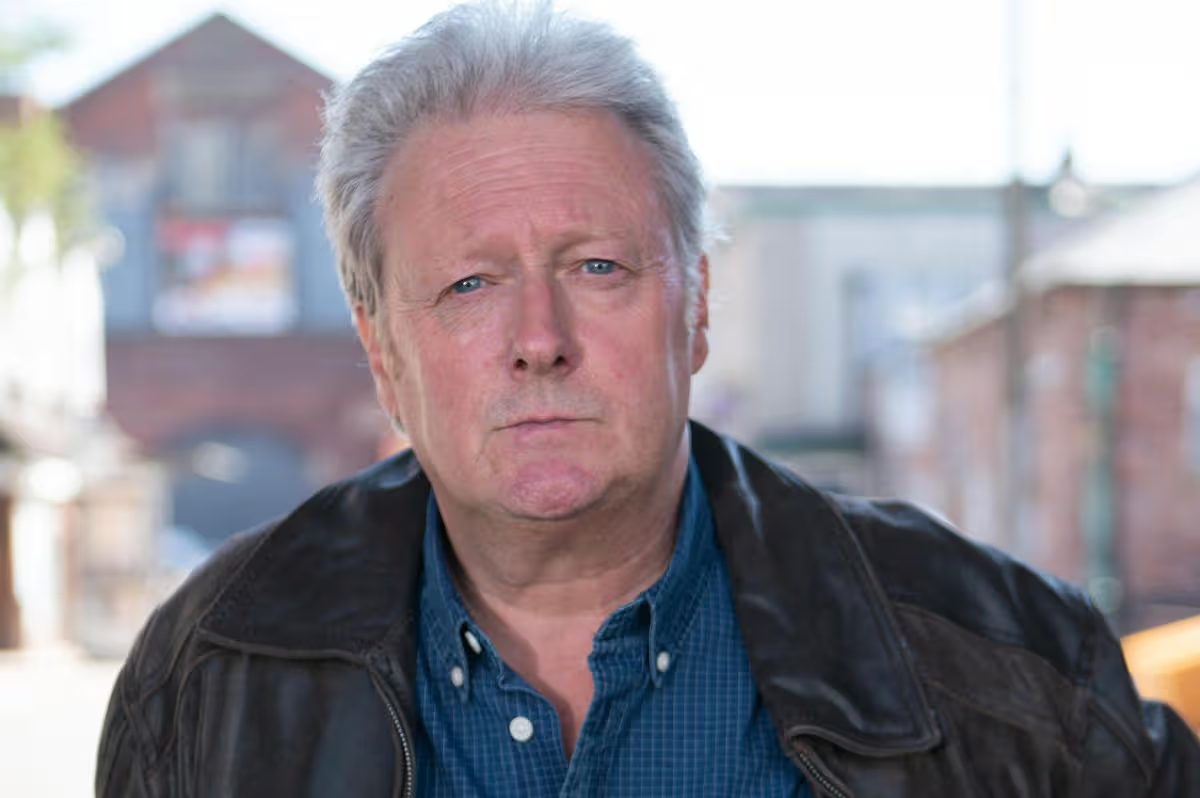Line of Duty is back for a new series – with Adrian Dunbar, Vicky McClure and Martin Compston all reprising their roles for the seventh series
Line of Duty is back for a new series – and now a big plotline has been let slip ahead of the new episodes. The BBC show – featuring Adrian Dunbar, Vicky McClure and Martin Compston – ended four years ago but will make a return for a seventh series.
In a shocking turn of events, the fictional police anti-corruption unit AC-12, which investigates bent coppers, finally unmasked the mysterious ‘H’, who was unmasked as bumbling detective Ian Buckells.
Fans were left fuming by the big reveal – which had been years in the making – and begged for the show to continue. It is now back, with the unit having been ditched and rebranded as the Inspectorate of Police Standards.
In the story, Detective Inspector Dominic Gough, a charismatic officer winning plaudits for a string of takedowns of organised crime, is accused of abusing his position of trust to act as a sexual predator. But the team must work out whether Gough’s case is actually a deliberate distraction from a bigger threat.
Creator Jed Mercurio said of the upcoming new series: “Everyone involved in Line of Duty feels enormous gratitude to the show’s fans. We’re privileged to have had so many of you follow the ups and downs of AC-12 over six previous seasons, and we couldn’t be more delighted to be returning for a seventh.
“Corruption in this country is supposed to have come to an end while Line of Duty was off air so I’ve been forced to use my imagination.”
Martin Compston – who played Steve Arnott since its inception – added: “Line of Duty has been a job of a lifetime. Not only in terms of the show’s success but the people I’ve had the opportunity to work with I now call some of my closest friends. I can’t wait to pull the waistcoat on again and get the team back together.”
Vicky said: “It goes without saying I’m so excited Line of Duty is back – can’t wait to work with Jed, Martin and Adrian again. Belfast, we’ll see you soon!”
With Adrian adding: “As we count down the AC12 days of Christmas what a joy it is to know that the Three Amigos will be back filming together next year. Delighted with the news and looking forward to those mercurial twists and turns.”
Now, sources have claimed that there will be a revisit of the ‘H’ storyline in a shocking twist.
“There was genuine anger about the way series six ended and that was part of the reason that a seventh outing was ordered. But this is the first time that there’s been any news on whether they’ll bring back the ‘H’ storyline — and devotees will be thrilled to hear Jed will be giving them just what they want,” a source told The Sun.
“Although there is still likely to be a new villain introduced into the new season, just as there has been with every series since the show was launched. But the incoming baddie’s storyline is likely to be intertwined with that of ‘H’ in a sensational double-whammy.”
Like this s tory? F or more of the latest showbiz news and gossip, follow Mirror Celebs on TikTok , Snapchat , Instagram , Twitter , Facebook , YouTube and Threads .








